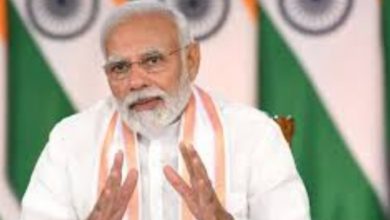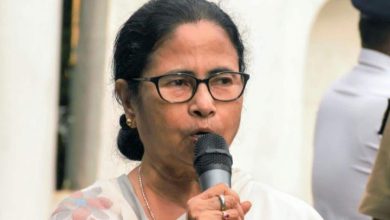Amid financial ruin, Sri Lanka caught in political deadlock

THE ECONOMIC ruin appears to have brought to an abrupt end the ruling Rajapaksa family’s total domination of Sri Lanka, but the country finds itself in the middle of a peculiar political crisis today: the Opposition seems almost diffident about testing what is left of President Gotabaya Rajapaksa and Prime Miner Mahinda Rajapaksa’s support in Parliament.
While the President is directly elected and firewalled from changes in Parliamentary configurations, the government is now in minority after about 40 lawmakers in the big tent called Sri Lanka People’s Freedom Alliance decided to quit the ruling coalition and function as an “independent” group.
There are no moves yet to get the government to prove its majority on the floor of the House, and the Prime Miner and the President have given no indication that they might step down even as calls for them to go grow louder on the streets.
While the combined opposition may not have the required numbers to form a government, the only possible challenger indicated in Parliament on Tuesday that he would play a long game. Leader of Opposition Sajith Premadasa, son of former President Ranasinghe Premadasa and head of Samagi Jana Balawegaya (SJB) or United People’s Power, demanded that the executive presidency be scrapped immediately.
“People want a new beginning. The present government received a massive mandate from people who were full of expectations. All this is lost today, and the country wants a new beginning. Do those who are gathered in this chamber understand the plight of the people? They are unable to buy essential goods. People want this government to go home. Time has come to change the executive presidency. We have to do this urgently. Let’s do it within this week using the available mechanism,” he said.
Sri Lanka’s executive presidency is one of the most powerful in the world. Even J R Jayewardene, who brought in the present presidential form of government in 1978, is said to have joked once that the only thing a President of Sri Lanka does not have the powers to do was change a man into a woman and vice versa.
But it has been held to be the cause of many of Sri Lanka’s systemic problems, too. Scrapping the system is a massive constitutional project.
Rebuffing Gotabaya’s offer for the Opposition to join a “national government”, which is being seen as a ploy the Rajapaksas to spread the blame evenly, Premadasa said the SJB was not prepared to indulge in “a game of musical chairs” with Cabinet positions. With 54 seats, SJB is the main Opposition party.
Some Parliamentarians who have broken away from the Rajapaksas have called for their resignation and the formation of an interim government. The United National Party, Sri Lanka’s biggest party once, has no voice after being reduced to a single seat in Parliament.
The political situation is expected to become clearer on Wednesday when the Parliament, which has 225 members, will sit again to debate the economic meltdown that has led to an unprecedented outpouring of public anger after months of crippling shortages.
Protesters have poured out onto the streets in several parts of the country, abusing the Rajapaksa family, asking them to quit, and for all the family members to be arrested. On Tuesday, a swarm of people gathered out outside Mahinda Rajapaksa’s official home, demanding that he step down, and at several other places in the capital.
For the Rajapaksa brothers, there could not have been a bigger fall from grace.
Gotabaya made his name as the architect of the 2009 military victory against the Tamil Tigers, and it was on the back of that success that he won with 52 per cent of the votes in the 2019 presidential election. And, Mahinda led the SLPFA to a two-thirds victory in the 2020 parliamentary election.
They have tried to shift blame for the economic crisis to the previous government. But most protesters see them as responsible. The meltdown was triggered a shortage of dollars, which in turn was the result of economic mismanagement — several analysts point to Gotaa’s waiver of indirect taxes, an election promise as one example — and the complete failure to anticipate the consequences of the pandemic.
The International Monetary Fund has said that it is monitoring the developments. President Gotabaya Rajapaksa said recently that the country had no choice but to go to the international agency for a bailout, but even that is going to take six months to materialise.
India’s financial assance since January, amounting to $2.4 bn, has helped to ease the shortages somewhat. Sri Lanka has asked India for another billion dollars, and also knocked on China’s doors. But there is an acute awareness that it is now beyond any one country, or even two, to help Sri Lanka clear its mess.





